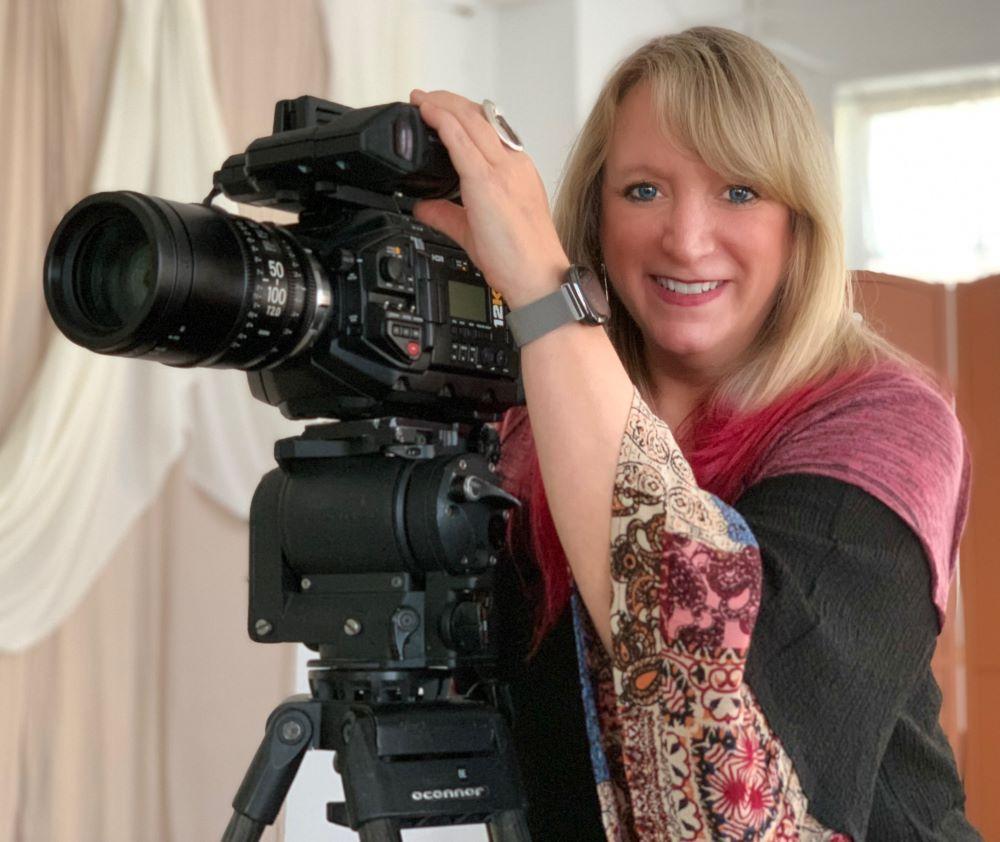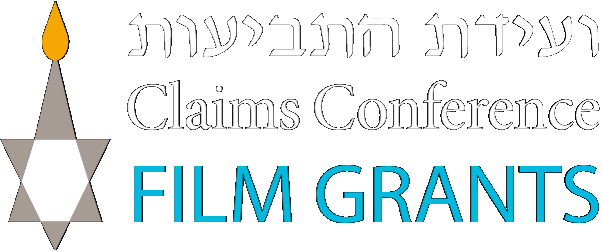
The Greatest Illusion (Documentary)
About the Director
Susan Dynner is an award-winning Director, Producer, and Writer whose storytelling ignites where beauty and grit collide. A Sundance Stories of Change Directing Fellow, Blackmagic Studio Feature Directing Fellow, and Sony TV Directing Fellow, her films have premiered at Cannes, Sundance, and beyond. She directed the acclaimed Punk’s Not Dead (Cannes premiere, global theatrical release), helmed Code Blue: A Love Story, and The Soul Trader, and produced the Sundance-winning film Brick, to name a few. Her career began working in development alongside legends like Richard Donner (Lethal Weapon) and Wolfgang Petersen (Das Boot), later serving as an executive for Charlie Sheen and Nick Cassavetes – a masterclass in Hollywood storytelling. Before film, Dynner cut her teeth photographing bands, chasing raw energy through dark clubs and roaring stadiums. Today, she blends that fearless edge with a magician’s sense of spectacle, crafting bold, immersive worlds that resonate long after the credits roll.
Synopsis
In 1920’s Berlin, ballerina Ruth Wachsmann reinvented herself as Miss Blanche, a striking, androgynous magician who dazzled Europe with smoke, silk, and sleight of hand. When the Nazis shattered her glittering world, she was deported to Auschwitz, where her captors demanded that she perform. Each trick became a quiet defiance, a fleeting escape from horror. Liberated in 1945, she left behind a story of survival, love, and the enduring magic of the human spirit.
Director’s Statement
While filming my documentary about women in magic, I stumbled upon the story of Ruth Iris Wachsmann, who performed as Miss Blanche, and I was captivated. As both a Jewish woman and a magician, Miss Blanche’s story resonates with me on a profoundly personal level. She was the toast of Europe in the 1920’s and 1930s, the Lady Gaga of magicians in her time, yet her fame could not shield her from the machinery of hate. If deportation and enslavement could happen to someone as celebrated and beloved as Miss Blanche, it could happen to anyone. That chilling truth is why I must tell her story. I want today’s audiences, many of whom don’t fully grasp the realities of the Holocaust, to see Miss Blanche’s dazzling, glittering world before the war, and then feel the shock of its shattering against the atrocities of Auschwitz. My hope is that this contrast will not only make history real to young viewers but also spark reflection on our world today and inspire them to take action.
We are living in a time of rising antisemitism, historical distortion, Holocaust amnesia, and the fading of first-hand survivor testimonies. The need to preserve authentic, nuanced Holocaust narratives has never been greater. Miss Blanche’s story speaks not only to Jewish history, but to the power of art as resistance, and to the resilience of the human spirit in the face of unimaginable cruelty.
Creatively, I envision the film as a cinematic poem – shifting from the vibrant color of pre-war stages to the muted desolation of Auschwitz. It will be a fusion of live action, archival newsreels, licensed survivor testimonies, and AI re-creations used ethically – never to alter truth, but rather to restore moments that history has stolen. For only a handful of photos of Miss Blanche remain.
Miss Blanche’s legacy is not just about survival; it is about defiance, identity, and the refusal to let darkness be the final act. I’m honored to have been chosen as a finalist for the Claims Conference Emerging Filmmaker Grant which would ensure her story – and its warning against hatred and the abuse of power – is remembered, now and for generations to come.
